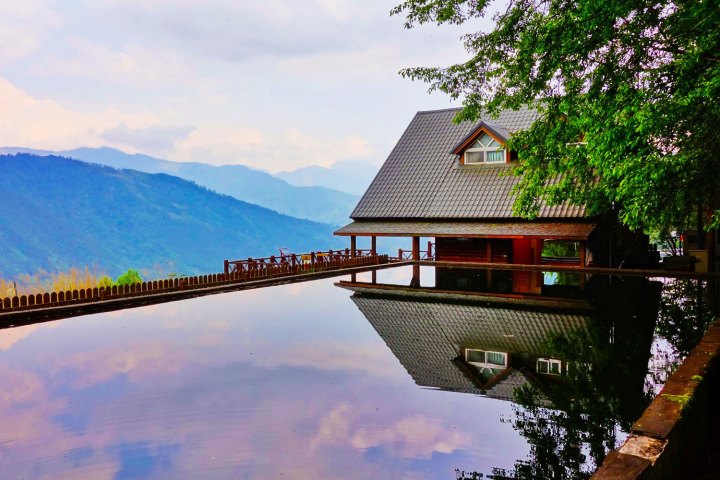
A new study entitled “The Model Minority? Not on Airbnb.com: A Hedonic Pricing Model to Quantify Racial Bias against Asian Americans,” published in the Harvard-affiliated Journal of Technology reveals that Asian-American hosts in Berkeley and Oakland (two cities where Asians comprise a significant portion of the population) actually earn around 20 percent less per week than Caucasian hosts. This generally translates to around $90.
The results were based upon an analysis of 101 AirBnB hosts in the Bay Area of California, and researchers noted that they chose these two locations in particular for their “socioeconomic and racial diversity.” As per a National Public Radio report on the research, available properties were “adjusted to account for rental type and occupancy,” and hosts were categorized “as Asian or white based on profile pictures. (Pictures that didn’t clearly indicate whether the host was Asian or not were eliminated).”
The results, researchers note, were stark — “Asian hosts earn, on average, $90 (or 20 percent) less per week than white landlords within this location for the standard one-bedroom rental for occupancy of one. The differential increases with the number of bedrooms and other upgrades to the house go up. Our regressions are resilient when subjected to statistical tests,” their results read.
The impetus for this study, explain co-authors David Wang, Stephen Xi, and John Gilheany in their paper, is to examine the effects of the meek and submissive stereotype that has come to extend to Asian-Americans, in spite of their simultaneous reputation as the so-called model minority. “While Asian Americans excel statistically on paper, do they face covert racial bias online?” researchers asked.
And according to these results, the answer seems pretty clear.
The explanation for Asian-Americans’ tendency to charge less may be ingrained in their pricing strategy, or it may be a recognition of market expectations. Ellen Wu, who serves as an associate professor of Asian American studies and history at Indiana University, told NPR that “Consumers come to expect paying Asian people less. We’ve come to expect cheaply priced products manufactured in places in China.” This may lead to an internalization of “subconscious bias,” both by Asian-Americans themselves and by others, who seem to observe their Asian peers perpetuating an existing stereotype, only furthering the vicious cycle.
It is, perhaps, the self-fulfilling nature of this phenomenon that makes it so difficult to address, but regardless, it’s a trend worth noting. Because as it turns out, the Internet is not an entirely ethnicity-blind place.


